Celebrating 6 inspiring women in education on International Women’s Day
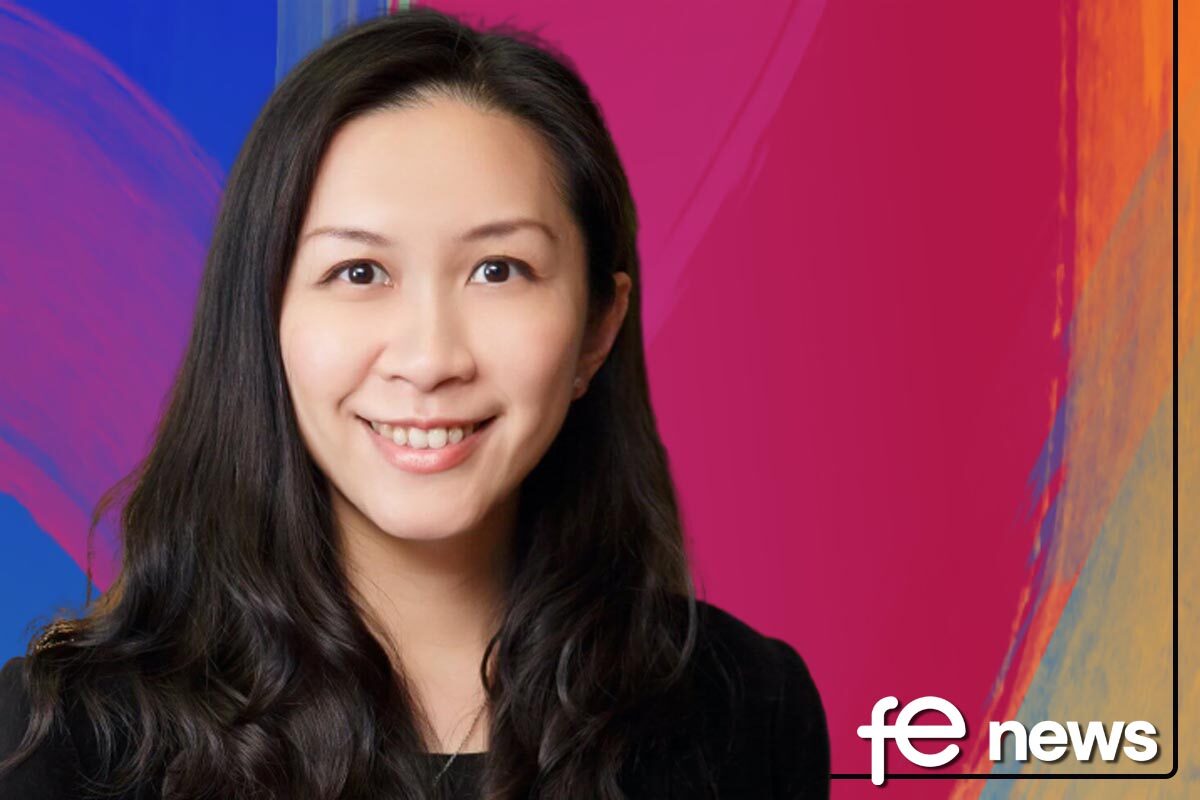
There’s still a gender gap in education, and it’s propping up global inequality. Right now, 451 million women aged 15 or above lack an education—compared to 278 million men. And even when women are educated, and graduate from the same fields as men, they’re less likely to be employed and likely to earn less than their male peers.
We need to change that. And around the world, inspiring women already are.
At the Yidan Prize, we’re doing our bit to make learning fair and accessible for all—and in doing so, create a better world through education. Since the launch of the prize in 2016, more than half of the laureates selected by our independent judging committee are women. This International Women’s Day, we’re shining a spotlight on how they’re bringing their broad expertise to millions of learners around the world—from unlocking the secrets of learning through brain scans, to empowering young women in sub-Saharan Africa to define their own destinies.
Dr Rukmini Banerji is transforming early education systems in India
As CEO of Pratham Education Foundation, Rukmini understands the importance of giving children the building blocks of education early on: reading, writing, and arithmetic. And she knows that simply going to school doesn’t mean children keep up with literacy and numeracy skills.
To grasp the scale of the issue in India, she and her team developed the Annual Status of Education Report (ASER) survey, which showed that some children were indeed falling behind their grade levels. To address the issue, Pratham designed Teaching at the Right Level (TaRL).
Using TaRL, teachers work with children in groups and individually based on learning levels, not age or grade. When they master skills, they move up. By running ASER every year, the team can track its transformative effects, raising achievement and giving children a sturdy foundation for the rest of their education.
For Rukmini, giving children that solid start means they learn to learn. And she says that’s key to preparing children for any future:
“Then as the world changes in dramatic ways—sometimes going forward, sometimes in crisis—you will have the skills to scope.”
Lucy Lake and Angeline Murimirwa devise ways to empower women and girls through education
Our first team laureates, Lucy and Angeline are CEO and Executive Director—Africa of CAMFED (the Campaign for Female Education). Since 1994, Lucy has led CAMFED to support girls from disadvantaged backgrounds to learn, thrive, and become leaders and changemakers in their communities. Under her tenure, the OECD has recognized CAMFED for best practice in scaling up innovation in education.
Angeline, as one of the first young women supported by CAMFED to go to secondary school in Zimbabwe, understands from first-hand experience the hurdles girls face in accessing education. She is now uniquely positioned to bring the expertise of young women—once excluded from education—to the table, informing policy and strategy at every level.
CAMFED has now grown into a movement spearheaded by the young women once supported through school, and united in the CAMFED Association—now around 200,000 members strong. It’s a peer support network helping girls to transition to independent livelihoods, as well as a platform for young women to lead on the big challenges in their societies—from child marriage to climate change.
Crucially, CAMFED sees the girls and women it works with as partners, not beneficiaries. As Angeline says:
“Education is a right. It’s not a favour.”
Professor Usha Goswami is painting a picture of how we learn language
Usha’s work goes to the heart—and the start—of learning. As founder and director of the world’s first Centre for Neuroscience in Education as well as Professor of Cognitive Developmental Neuroscience at the University of Cambridge, she’s looking at what happens in the brain when we first learn to process speech.
The more we know about how we learn, the more we can improve teaching to support all children’s learning—and act faster to stop some students falling behind. Usha and her team are using her Yidan Prize funding to keep developing a tool that could more accurately diagnose children with dyslexia and oral developmental language disorders (DLD). Which means caregivers, teachers, and therapists can provide more powerful, personalized support for every child.
Usha notes that rhythm and repetition help every child.
“Language skills are critical for access to education and so we all need to talk to babies as much as possible.”
Vicky Colbert has brought active, child-centered learning to remote, rural schools
As Founder and Director of Fundación Escuela Nueva (FEN), Vicky’s taken her experiences as a sociologist and former Deputy Minister for Education in Colombia, and used them to bring quality education to resource-strapped rural schools.
Escuela Nueva (Spanish for ‘New School’) makes learning active, and brings dialogue, cooperation, and interactivity to the classroom. Supported by training and a pioneering handbook known as the ‘learning guide’, teachers encourage students to think for themselves. The goal is to understand topics and develop vital interpersonal skills—not just memorize facts. Over the past few years, our prize has contributed to help FEN train over 2,200 rural teachers and delivered learning guides to over 57,000 primary and secondary students.
Part of the prize was used as matched funding to incentivize Colombian local governments, private sector, and education authorities to implement Escuela Neuva in more rural schools. As Vicky puts it,
“We can reduce inequity…but more of the same is not enough. We have to make changes.”
Professor Carol S. Dweck is helping students see their boundless potential
As Lewis and Virginia Eaton Professor of Psychology at Stanford University, Carol’s challenging our ideas of what it means to have talent and skills. When we have a fixed mindset, we believe there’s a limit to how much we can learn and grow. Carol’s paradigm-shifting research into growth mindset shows that when students believe that they can keep adding to their knowledge and stretching their skills, they do better. It’s an outlook that views everything—including our mistakes—as a learning opportunity.
In addition to winning more than 10 lifetime achievement awards for her research, Carol has also written widely for educators and the public. Her book Mindset (Random House) has been translated into over 25 languages.
Using her prize funding, Carol is focusing on teacher training and adapting growth mindset programs to account for different cultural sensitivities. With her colleagues, she’s also building a long-term research bank for mapping how mindsets impact learning. This body of research will help us develop education systems that set children up to thrive no matter what the fast-moving future holds. As Carol says,
“Children are in a world where they have to take on challenges and keep learning, not one where they can succeed with one strategy or skillset forever.”
By Mabel Woo, Deputy Secretary-General of the Yidan Prize Foundation

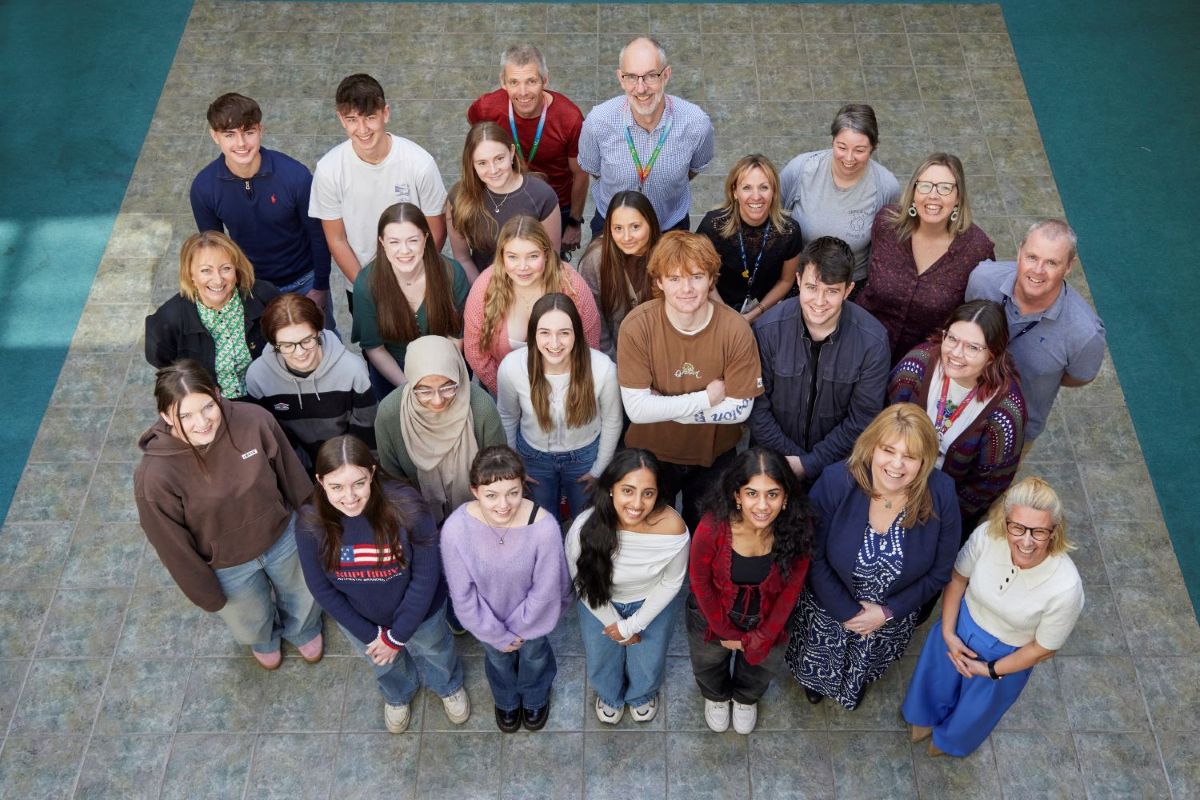

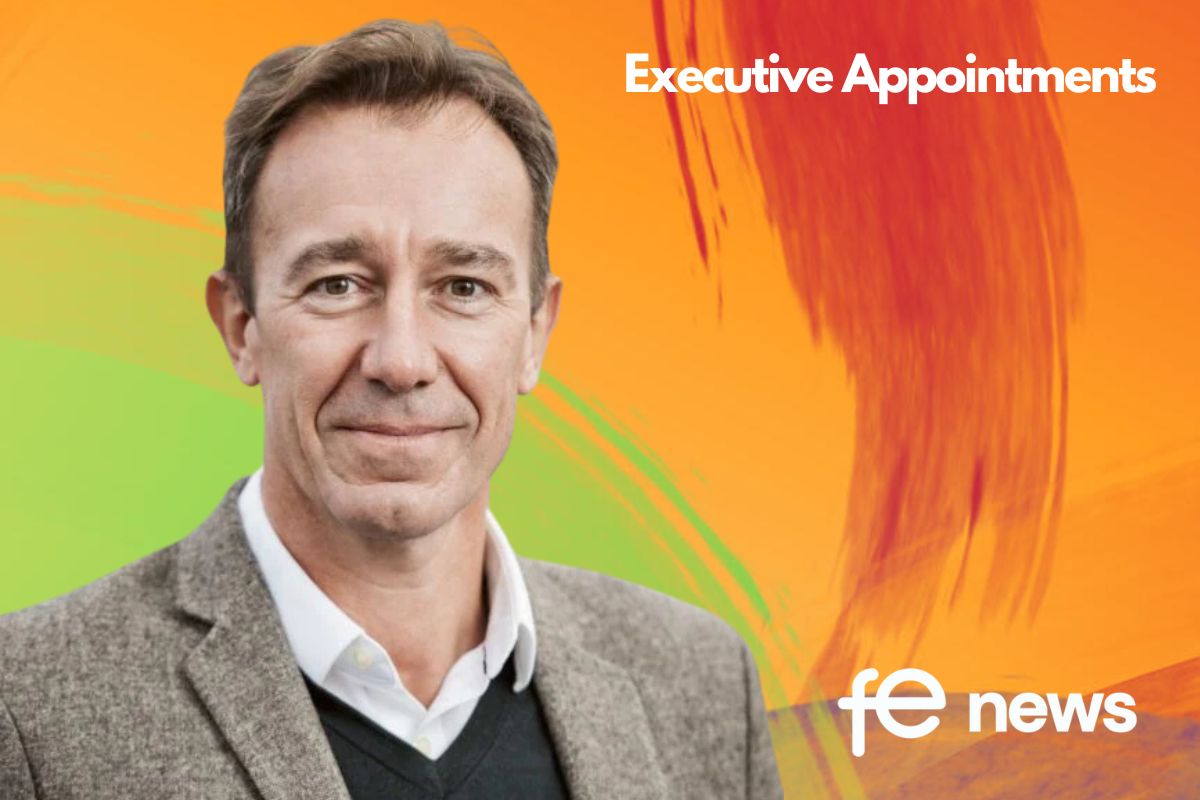
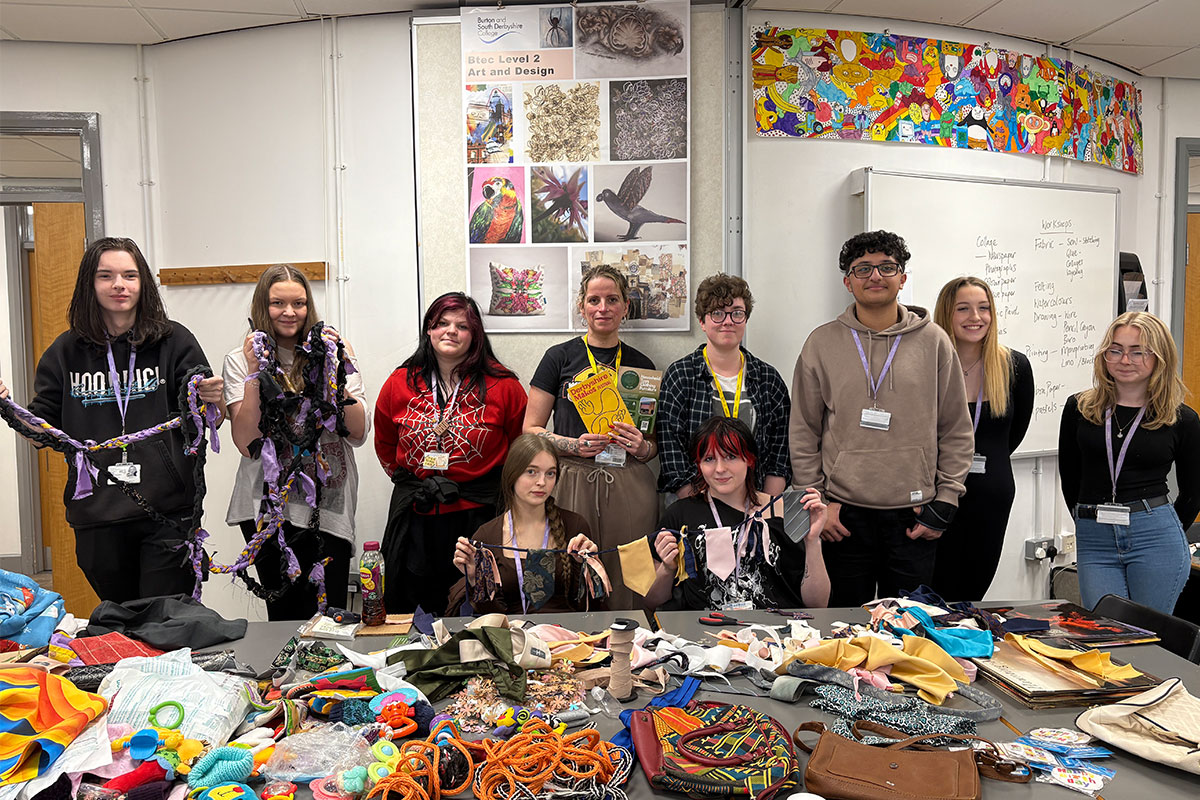
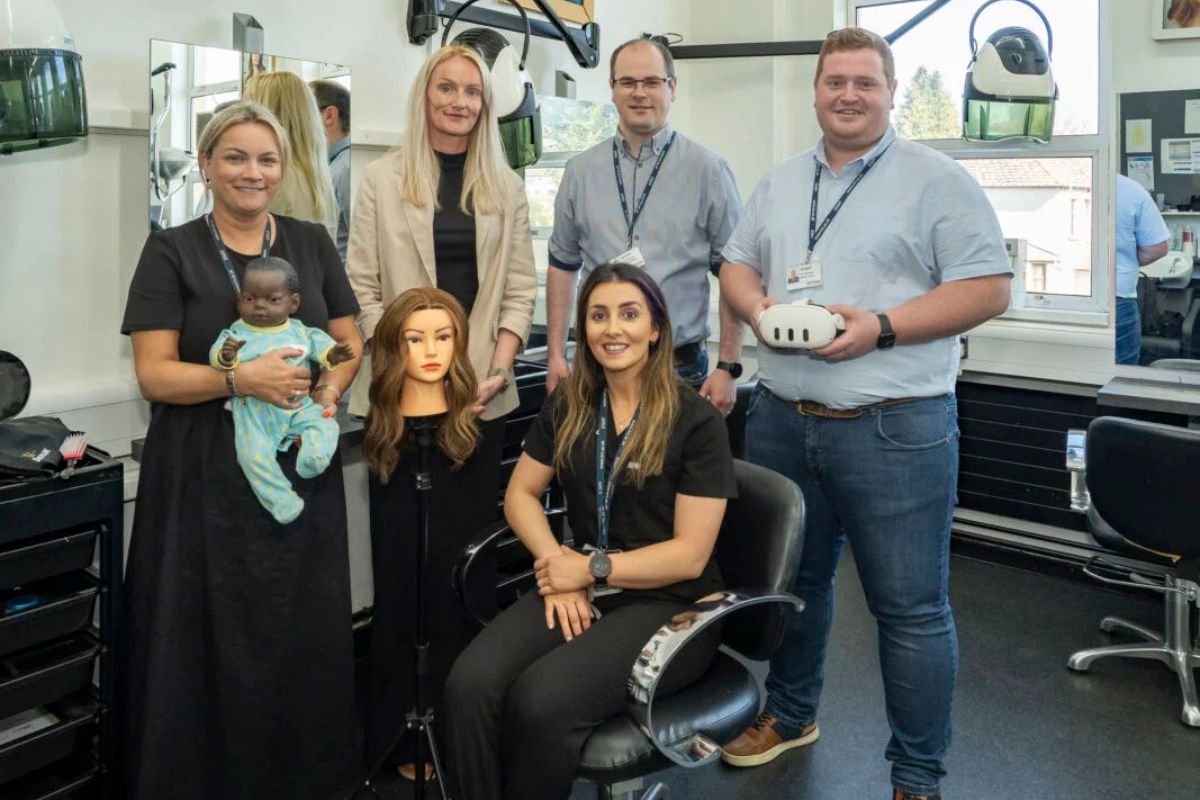

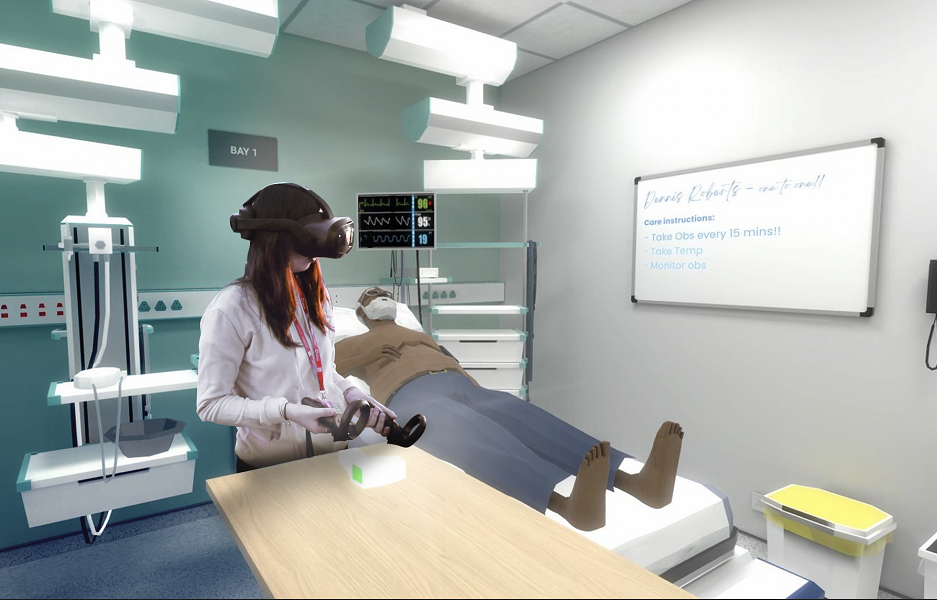

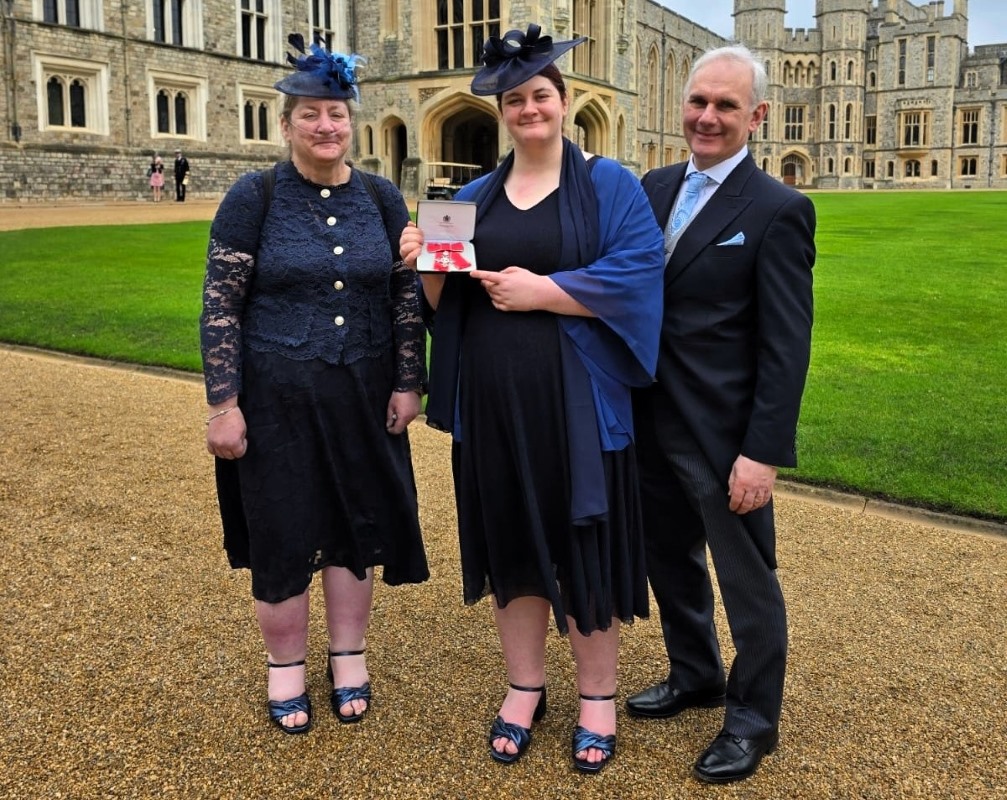

Responses